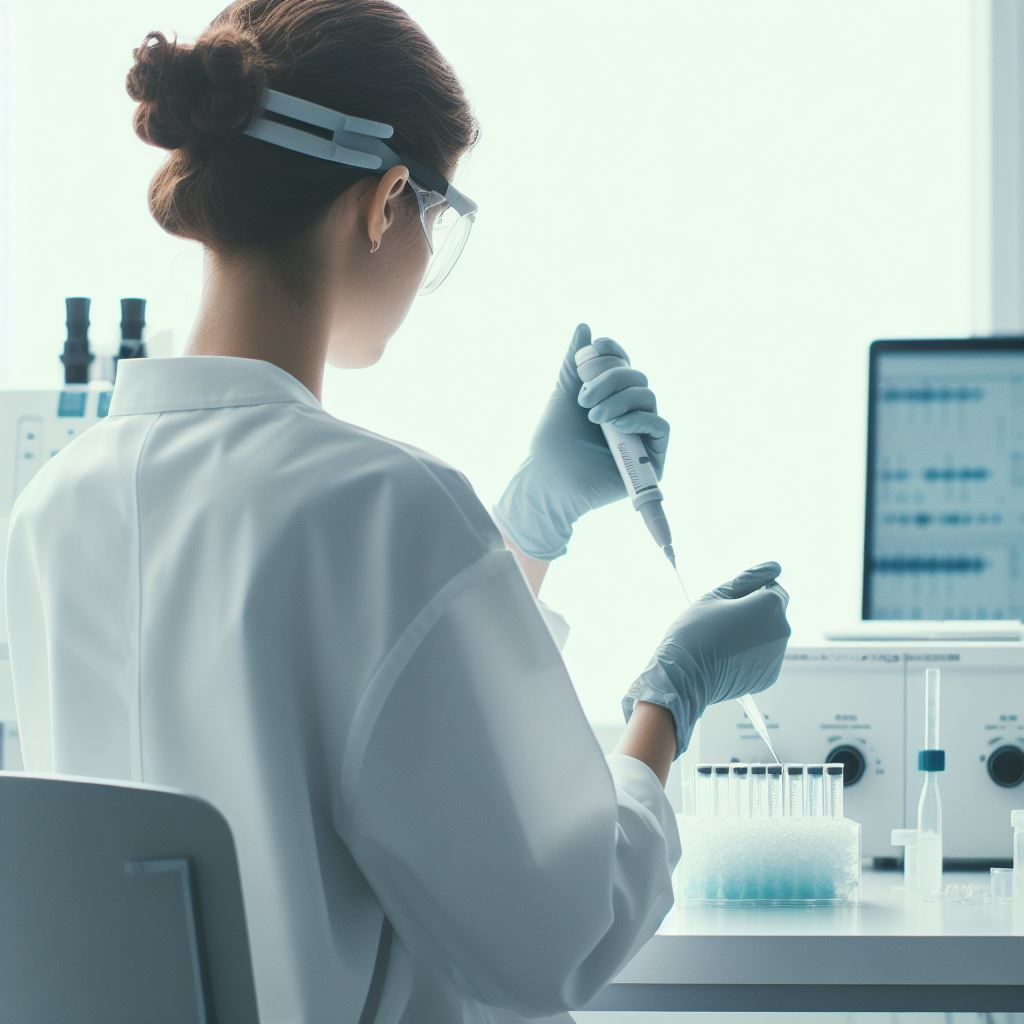Objectives and Work Packages
The overarching objective of this doctoral network is to provide high-level training in the fields of cryobiology, reproduction/animal breeding and animal conservation to a new generation of high achieving early-stage researchers to provide them with the scientific and transferable skills necessary for thriving careers in a burgeoning area that underpins innovative technological development across a range of diverse disciplines. This goal will be achieved by a unique combination of ‘hands-on’ research training, non-academic placements and courses and workshops on scientific and transferable skills facilitated by the academic-non-academic composition of the consortium.
CryoStore will undertake original and innovative research to address the prevailing technological limitations in the cryopreservation of animal germplasm. This will be achieved through the following three research objectives:
O1. Develop advanced techniques for the visualization and characterization of freeze-thaw damage at the cellular level in reproductive cells and tissues (WP2), information deemed critical to improving our understanding of the underlying causes of cryodamage during freezing procedures (WP3).
O2. Develop new procedures for the improved cryopreservation of problematic farm animal germplasm (WP3).
O3. Investigate potential epigenetic risks of cryopreservation procedures (WP4), an important area which to date has been largely overlooked.
The Research Program is organised into the following three work packages:
WP2 Advanced techniques for the visualization and characterization of freeze-thaw damage.
WP Leader: Prof. Birgit Glasmacher (LUH)
WP3 Improved procedures for the cryopreservation of animal germplasm.
WP Leader: Dr. Sipke Joost Hiemstra (WUR) and Dr. Julie Lamy (WUR)
WP4 Investigate potential epigenetic risks of cryopreservation procedures.
WP Leader: Dr. Catherine Labbé (INRAE)
CryoStore - Innovation in Germplasm Cryopreservation for Improved Animal Breeding and the Conservation of Europe’s Livestock Biodiversity


